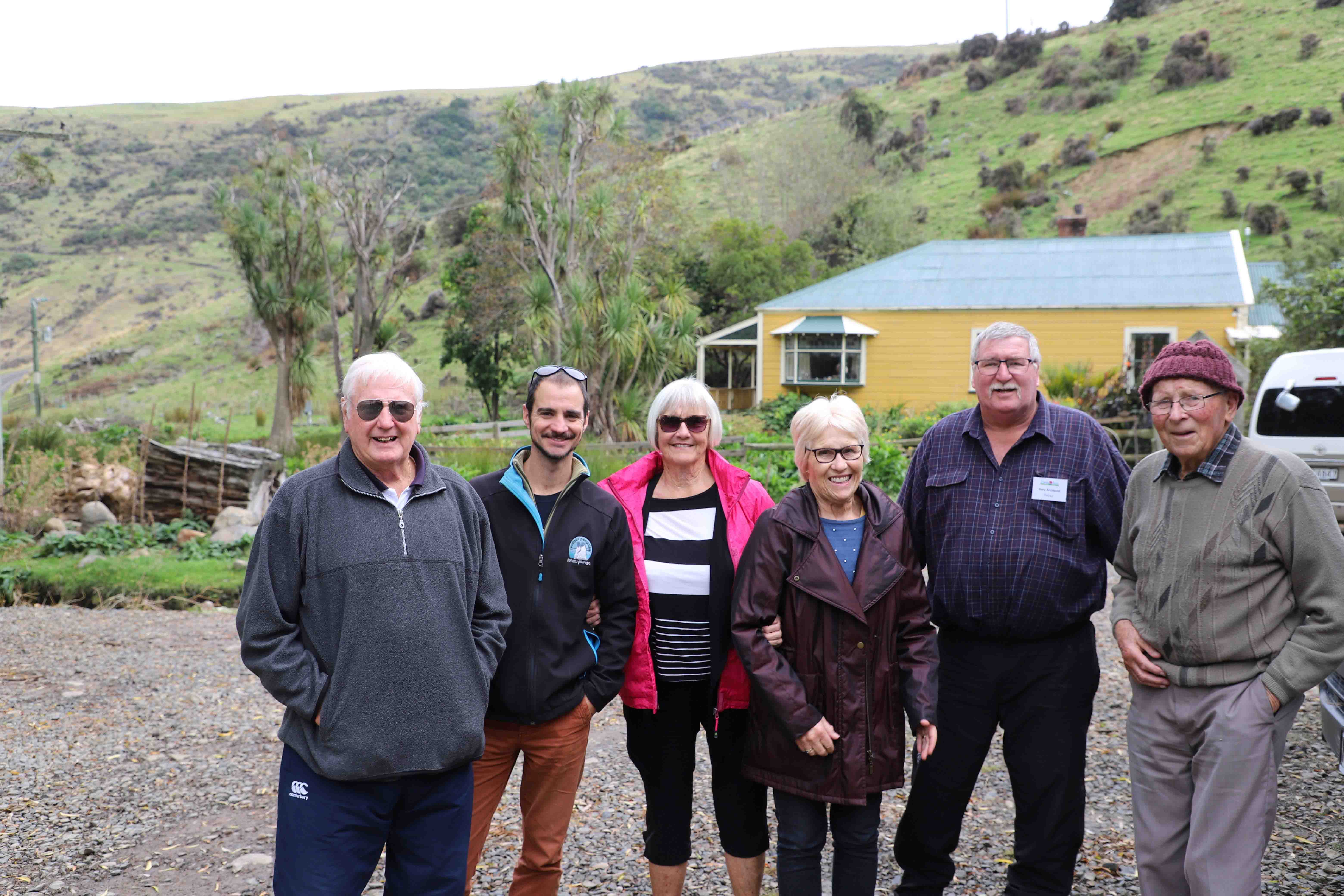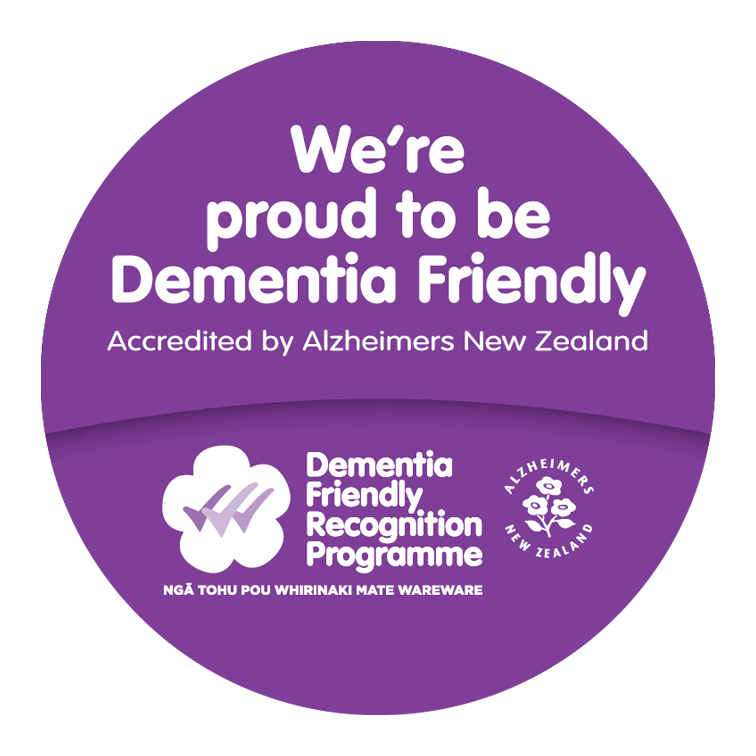The sighting of some rare and extra-fluffy penguins was an ample reward for an adventuresome group from Diana Isaac Retirement Village who travelled to Akaroa to visit the endangered birds they are working hard to protect.
The Ryman Healthcare village group travelled independently to Akaroa, to be transported over the hill to Pohatu Bay/Flea Bay, a stretch of land and water long-inhabited by the flightless birds.
The minivan trip was hosted by Kevin Parthonnaud of Pōhatu Penguins, a tourism venture based around the penguins which works hard on removing predators from the peninsula to help maintain the ‘taonga species’.
The little penguin/ kororā cuddled into protective boxes, opened up for a viewing, to the delight of visiting group, including Bruce and Lynn Gray, Kate and Gary Archbold and Brian Hill. Others involved in the DI conservation efforts include Norm Reid, Ross Nicholas, Graham Norquay, George Waters and Ralph Duckmanton.
The group of Christchurch residents have already handed over more than 30 traps and at the end of the production project they will have handed over around 50 of the traps for use on the farm and penguin conservation area that is also a marine reserve.
The Pōhatu Penguins venture already has lines of traps on site, but always needs more to contain the spread of rats, hedgehogs, weasels, stoats and feral cats.
To see where their traps had been laid, the group of trap makers made the trip to Akaroa to treat themselves to a Friday lunch then be picked up by Kevin and be taken on a tour of a lifetime.
Kevin’s four-wheel drive van took them up the extremely steep Lighthouse Road. Suddenly they were treated to spectacular views of a crater rim leading down to Akaroa Harbour and recognisable features like Ōnawe Peninsula, the site of a former pā, near Duvauchelle. “You don’t have a lot of places in the world where you can sail in and out of an extinct volcano,” Kevin told the group, bringing context to the view.

Dropping down Flea Bay Road the mini-van transported the group into a haven within Banks Peninsula but what is also a somewhat exposed bay -- stretching directly out into the Pacific Ocean. They spotted a group of sea-kayakers – making their way back to the head of the bay after a safari of the outer coast.
Kevin gave a running commentary to the residents and on occasion stopped the van so all could appreciate the stunning surrounds, and then the penguin colony – based on some of the 1300 hectares of private land owned by the Helps family. Their farm dates back to the late-1830s.
Brian Hill was astounded that the penguins would not always choose a wooden box/house to nest in, but instead would often clamber as much as 200 metres up the bay’s steep hillsides to find their own private space as part of an open hillside colony.
“Why do they go to all the trouble, when they can be down here,” Brian asked.
Kevin answered that was a bit of unknown. “They’re strong fighters and they don’t like to be close to each other. So, some prefer to walk on a bit more.” The breeding penguin pairs generally tend to two chicks, with the penguins on view for the Diana Isaac residents being moulting adults. “Every year they need to spend about two weeks on land, some in the burrows, some in the cracks – wherever they feel comfortable. They need to change feathers...
“We’ve got about 250 houses for 930 breeding pairs, and only about 180 boxes are (currently) occupied.”
Kevin notes there are only 18 species of penguin, mainly living in the southern hemisphere, with the little penguin, sometimes known as the little blue penguin coming in different shades and able to swim up to 8km/hour. “You talk about Oamaru, they’ve got a dark blue penguin... but here around Canterbury we have the white-flippered penguin – it’s a colour adaptation to the environment.”
From a peak of about 10,000 penguins on the peninsula, about 50 years ago, numbers have declined by 80 per cent, Kevin says.
The penguins are now being given a degree of protection, at least from the weather, by the regeneration of vegetation not only on the farm but elsewhere on the peninsula. Kevin says nowadays upwards of 20 per cent of Banks Peninsula has been re-forested. Off the Flea Road he pointed to red beech (Fuscospora fusca), at least 400 years-old. Pohatu translates as ‘the place of stones’, which is what penguins have to sometimes scramble up from when landing from the ocean in rough weather.
The conservation work is somewhat balanced by tourism work but there is also funding from the likes of ECan, charities and Christchurch City Council as well as the work done by the likes of Ryman Healthcare.




